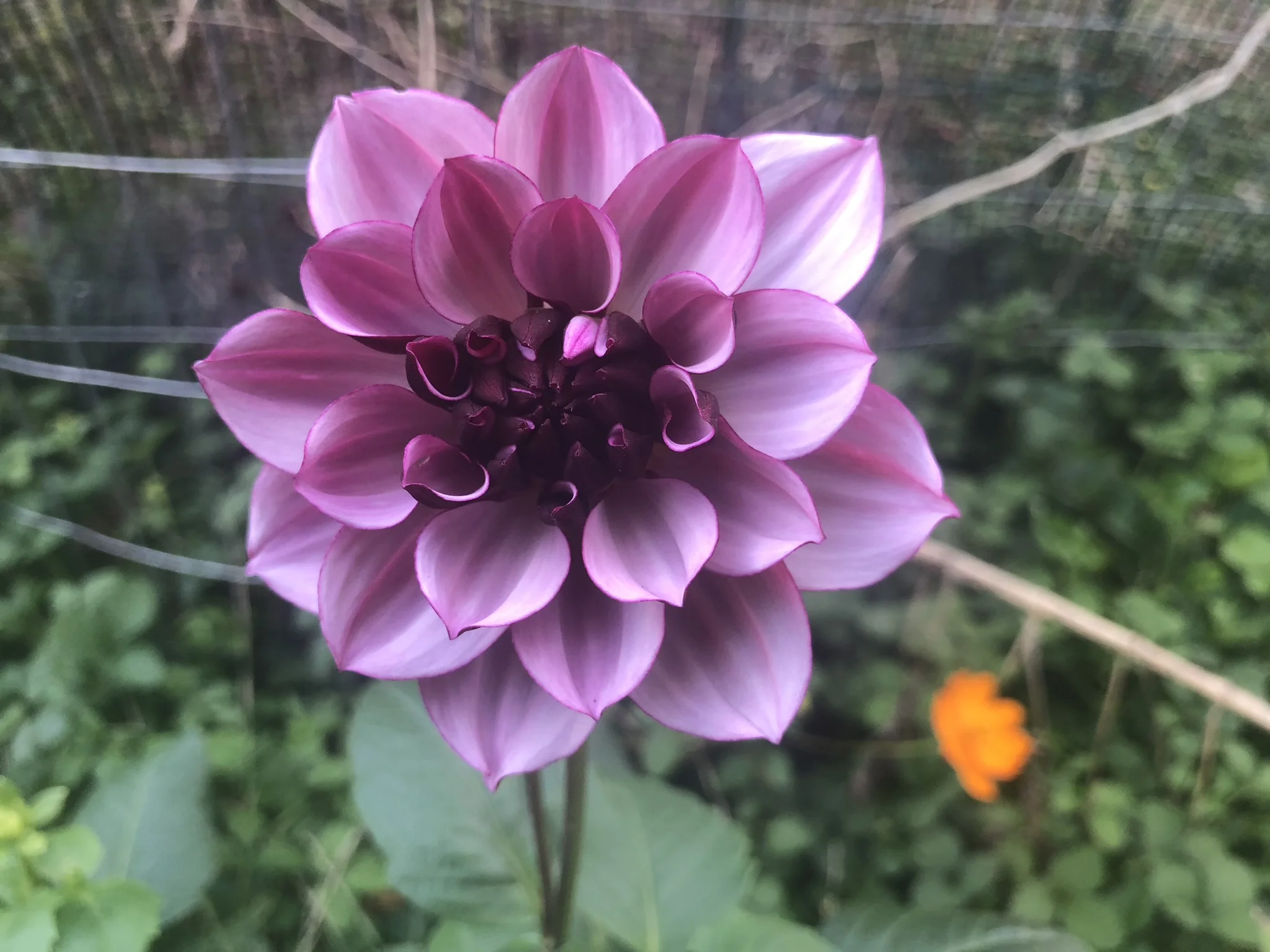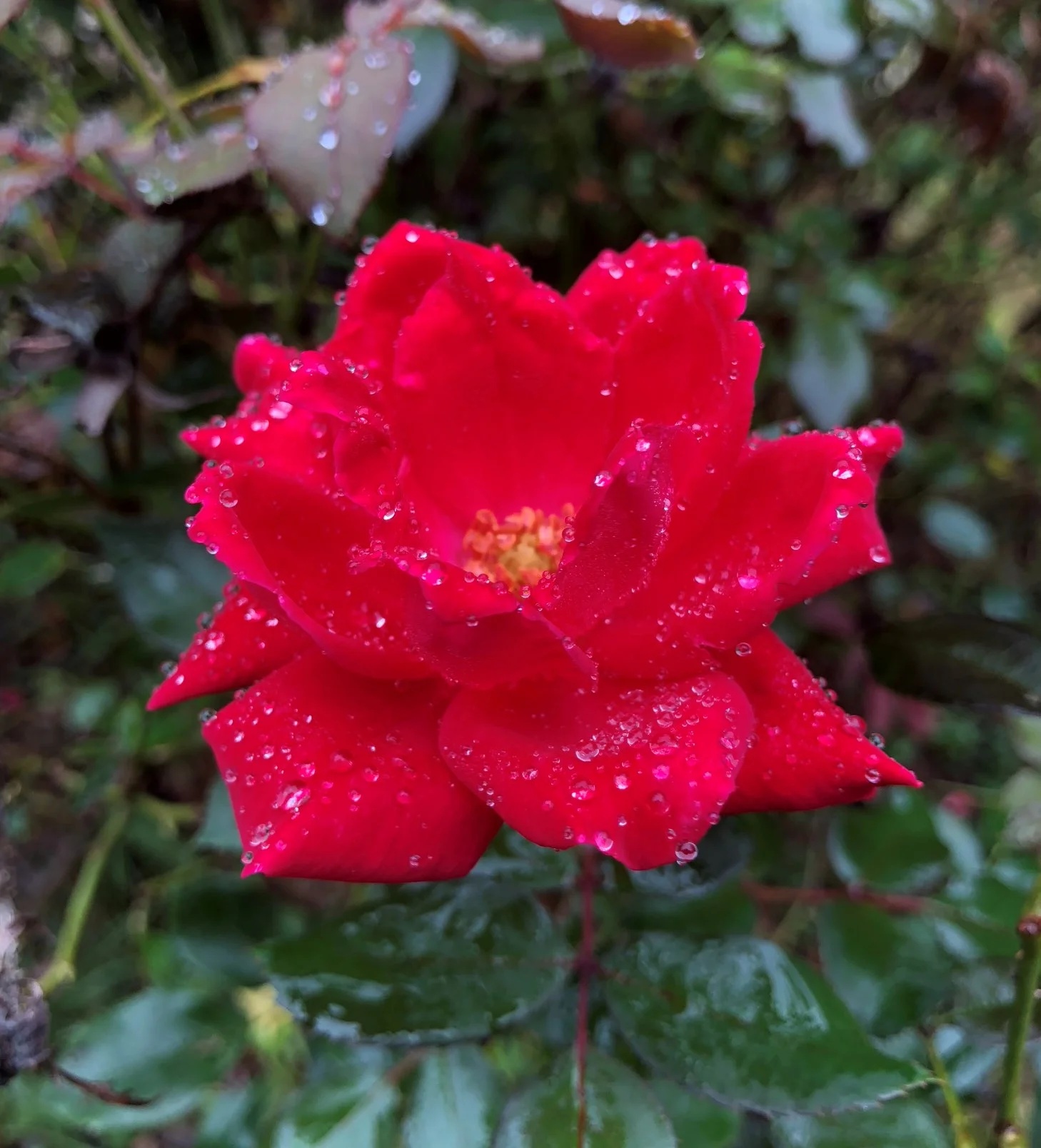A Way of Freedom
I grew up in an interfaith home and attended a Christian church. We sung praise and begged forgiveness for the sins that we all wallow in. It was only natural that I developed a conception of God as an ancient and all powerful force who watched me always and keep a running list of my good and bad deeds. He could hear my thoughts and knew what I was going to do before I did it. It was disheartening to think this way and the only consolation offered by the church was that the punishment, that I should always know is coming, could be avoided if asked for forgiveness. But there was one other stipulation: I must also hold fast to a staggeringly dynamic and fantastical litany of irrelevant and nonsensical beliefs.
As I grew older, my bewilderment grew as well. I ventured out on my own to seek meaning, purpose, and above all, salvation from a unfathomable eternity of misery. I would wander to this church or that faith and mix things up with atheistic contempt for the whole of it. An agnostic callous grow up around my spiritual life as I toiled to find peace of mind amidst a conflicted landscape strewn with theological brambles.
Besides, what sort of omnipotent, omnipresent being would desire, or require, my praise or recognition? If there were such a God, why wasn’t he sufficiently self-evident such that he would not need to be sought. Why would such a God inspire vastly differing and contentious positions on his schemes and goals among the people living under his rule? And why the hell would he gave a crap about me and my life, dangling me above a pit of flames and threatening to burn me for all of eternity if I didn’t get it right?
But that was not my only experience with God. There had been many times when I saw him working in my life and the lives of others. However, the disappearing act or the not showing up when I thought I needed him the most was disheartening. That feeling of isolation during long periods of radio silence and the fear of being forgotten by the only one who could save me, often over came the hope that I could ever find or know God. Peace was a promise that seemed forever on cusp of becoming.
Mercifully, the journey did not end there and I was eventually introduced to a set of concepts which striped away the religious confusion and laid bare the underlying principles which, through identification in my own experience, I was finally able to approach a personal spiritual awakening. I found that God was not some uber-Santa Claus, but the flowing principle giving rise to life and diversity in the universe. I found that my place within the universe was at once an infinitesimal mote in the vastness of the cosmos and a singular nexus of awareness through which the cosmos reflected upon itself.
True enough that I say those things without full comprehension or appreciation of the totality of either one, and certainly not simultaneously. However, on a good day I can find myself in a moment floating effortlessly, suspended between those states and perfectly at peace. The practices which have been freely given to me as means of accessing this peace are hidden throughout every religion that I have ever studied, occulted in voluminous, descriptive texts and blotted out by florid stories in ancient and inaccessible prose. So easily enamored we are of complexity and the splendor of exclusive achievement, the custodial institutions we have erected around this knowledge out of reverence, have taken on a character which delivers exactly that sort of vision. Piety through reverent ignorance.
The antidote is simple:
Self-examination, prayer, and meditation.
So much can be said and has been elaborated upon these three topics that but here I will share some of what I have been taught:
Self-examination
To honestly appraise one’s self from the inside and the outside, honesty and thoroughness are essential in this ongoing process. What is most often overlooked either out of misunderstanding or fear, is that in order to see in to ourselves, we need a special sort of mirror in the form of another human being. Preferably this other is one who is similarly interested in the truth of self and who has experience in their own journey of self-examination.
Prayer
I have been shown and have come to believe that while prayer can be the simple act of talking to God, its most effective modes are given to the purpose of aligning ourselves with the sustaining and regenerative flow of life. In my personal practice, my prayers are acts of consciously turning my thoughts to gratitude and the power inherent in the nature of the universe which, on a balance, is abundant and thriving. Of course there are dreadful things that happen everywhere, all of the time, and sometimes to me. However, I have found that little good and most often sorrow comes from pondering those realities; much greater good and peace come from shifting my mental focus to the over-arching reality that life is flourishing on a whole and that it does so with or without me worrying about it. Keeping this in focus, especially when my thoughts want to run away to some dark corner of anger or worry, gives me peace of mind and in turn improves my life over all.
Meditation
Where as in my prayers I am consciously directing my thoughts, in meditation I am directing my awareness. This was once a difficult concept for me as I so wholly identified myself with the thoughts that went through my head. But with some practice, I found that I could become aware of my thoughts and that I could experience them as something that was occurring within me rather than something that is the totality of me. Meditation is a practice of becoming aware without the need for the judgement, labeling, and analysis that thought engenders. We have all experienced this sense at one time or another whether we have identified it or not. For me, I realized I had glimpsed this state in times of great joy; at the turning of a tragedy when all, even grief was stripped away; and in the fleeting moments before falling asleep. With practice, we can train our awareness to watch thoughts come and go. In the beginning, it may be that we only experience moments at a time where this is possible; but with practice, moments become minutes which may become hours. In time, the awareness becomes a habit that can be present in and throughout our days. We become less afraid to let go of thinking and invigorated in living without the weight of constant and exhaustive thought. I have found that my energies, conserved in this way, allow me to use my thoughts more effectively when they are needed rather than kept in high idle in the chance that they are called to task.
Self-examination, prayer, and meditation work together and complement the benefits of each other. Their practice need not be exhaustive or solitary or conform to any ideal. I have found, though, that the more I practice these throughout each day, the more peace and utility they bring me. My daily practice does have dedicated times for prayer, meditation, and self-examination, but throughout the day the moments I take to say a prayer, to observe my thoughts, or to question my actions and motives, are not even outwardly visible. I do these things as I am working, talking to people, and driving my car. The benefits to me and those around me have been wonderful and I get to experience a peace within me that I was seeking for all those years without.







